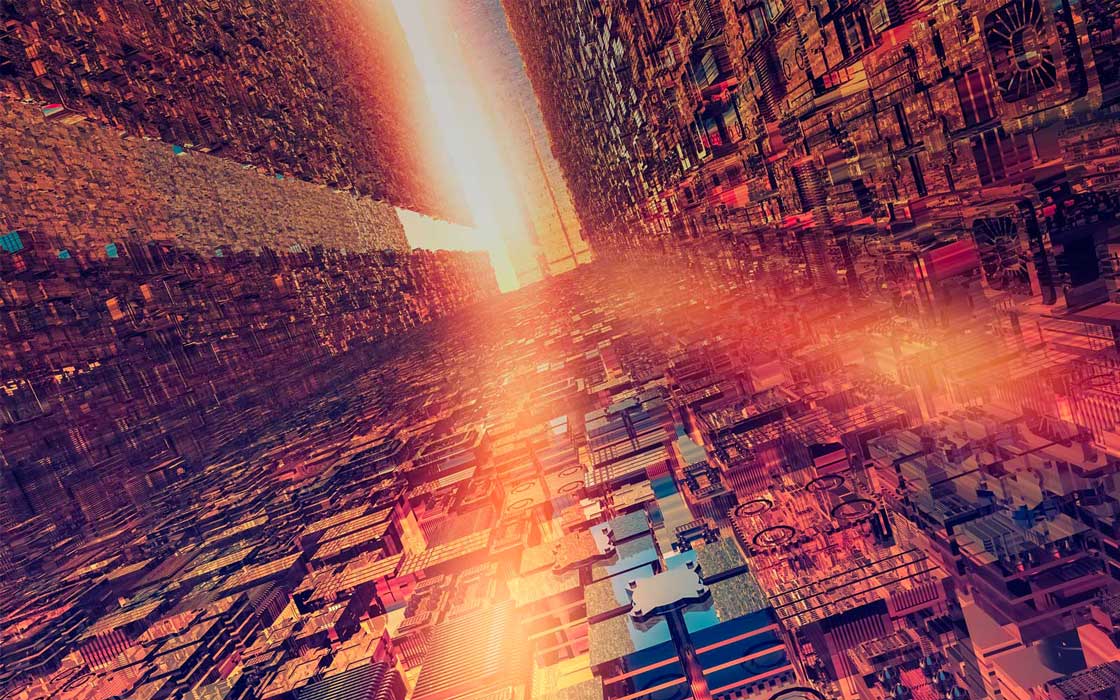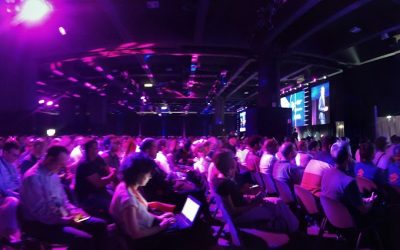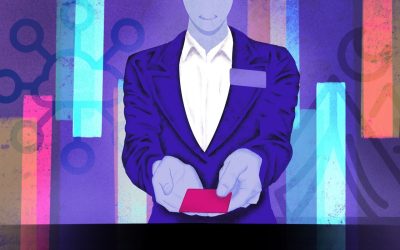In the last three decades we have experienced how powerful technology is in creating connections even where they seemed to be impossible before.
Specifically, we got used to perceive how the massive internet access gives equal tools and opportunities to people who want to connect, create and share ideas, contents and experiences with the world.
This peer-to-peer mindset has changed our lives, providing us with a new way of conceiving information, now highly distributed and not centralized, and the capacity to influence directly the world we live in through internet.
Everyone is a participant and no one is an inert recipient. So no more third parties involved in a process. We presume!
Unfortunately the benefits of the digital age have been asymmetrical because the great asset of data we created is still owned by few big companies or governments, able to monetize it or use it to spy us, undermining our privacy.
This in turn has produced a call for a true peer-to-peer exchange of value, which has involved Internet in another way.
We are witnessing a transitional step of experiencing Internet: from the idea of a passive tool, which people use as a container to find whatever is needed; to an idea of an active tool, since it is evolving and demanding for a renewed significance of truth and trust in the business transactions.
This new perception of the internet comes from ordinary people who aim to cut costs and reduce the power of monopolies in the financial services industry, which still keeps the ownership of the data.
This bottom-up process is driving to a true “Reinassance of money”, thanks to the hype around the Bitcoin underlying technology: the Blockchain.
And what is a Blockchain? “It’s the first digital medium for value”.
On the web different articles define the Blockchain in manifold ways: as a ledger, a protocol, a platform, a distributed database, ecc.
What we understand is that the Blockchain is the biggest innovation in the computer science and there are different types of this technology, but the idea beyond it is very simple and can find a use in any aspect of our life.
One of the more suitable definition refers to Blockchains as “a number of global distributed ledgers of records arranged in data batches called blocks that use cryptographic validation to link themselves together.
Put simply, each block references and identifies the previous block by a hashing function, forming an unbroken chain, hence the name”.
Those ledgers or databases are open source (which means: people can download it freely, run it and use it to develop new tools for managing online transactions), run on millions of devices and enable secure and private transfer and storage of valuable data.
So it’s a platform where each one of us can verify the truth about structured recorded information.
Even if the hype around it has been boosted by the financial services industry, the Blockchain finds many uses in other aspect of our life.
Studies tell that Blockchain could have impact on those first areas:
- IP problem, because this technology provides a platform for creators of intellectual property to gain the value they create, since data and rights holders could store metadata regarding anything;
- service aggregators, which connect suppliers to sell their excess capacity through a centralized platform and resell them to users while collecting valuable data for commercial exploitation, because Blockchain can procure means to team up, delivering a greater share of the value.
- enterprise collaboration, since Blockchain-based system could substitute the nowadays suite of tools founded on central intermediaries to establish and coordinate much of the capability; hence this technology helps the change of knowledge working and management inside organizations.
In other words, the Blockchain is considered a disruptive technology but seems to present some remarkable drawbacks:
- requests a constant computational power in many multiple locations due to its distributed nature;
- calls for a built-in validation that implies a continuous verification and consensus across the databases network, requiring an unpredictable amount of time.
- Beyond these disadvantages, the revolutionary idea behind the Blockchain technology is triggering parallel studies on different types of use and is going to transform many of our institutions in society and everyone’s life.
As a fact, some news reveal the Philippine’s discussion to put its Peso on the Blockchain: is that a future perspective for all the currencies? Watch out! The Blockchain is around the corner!



